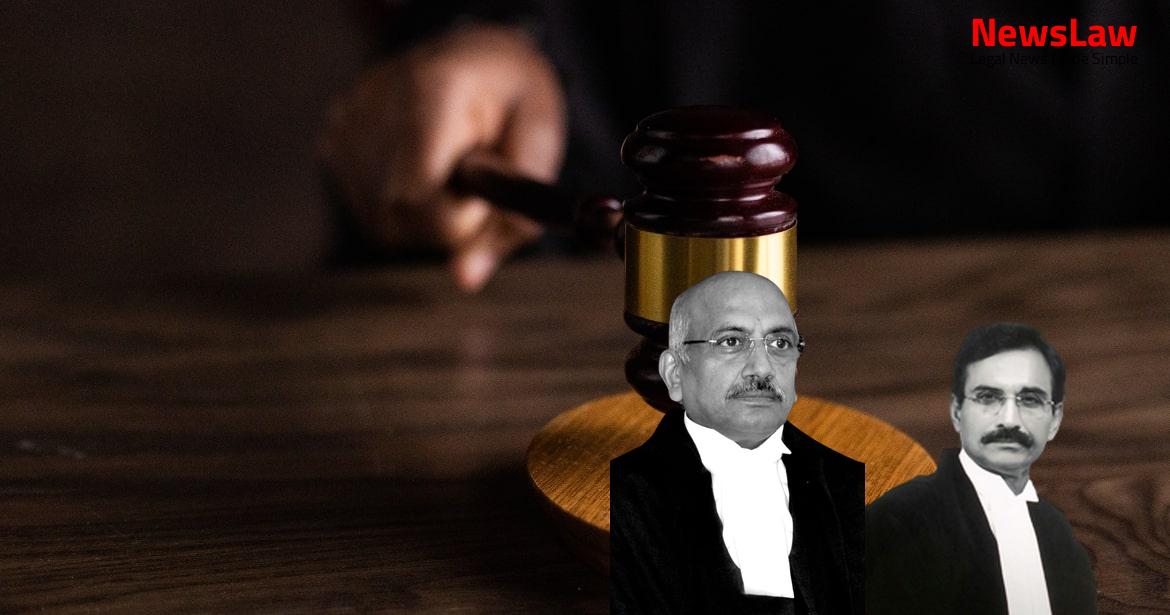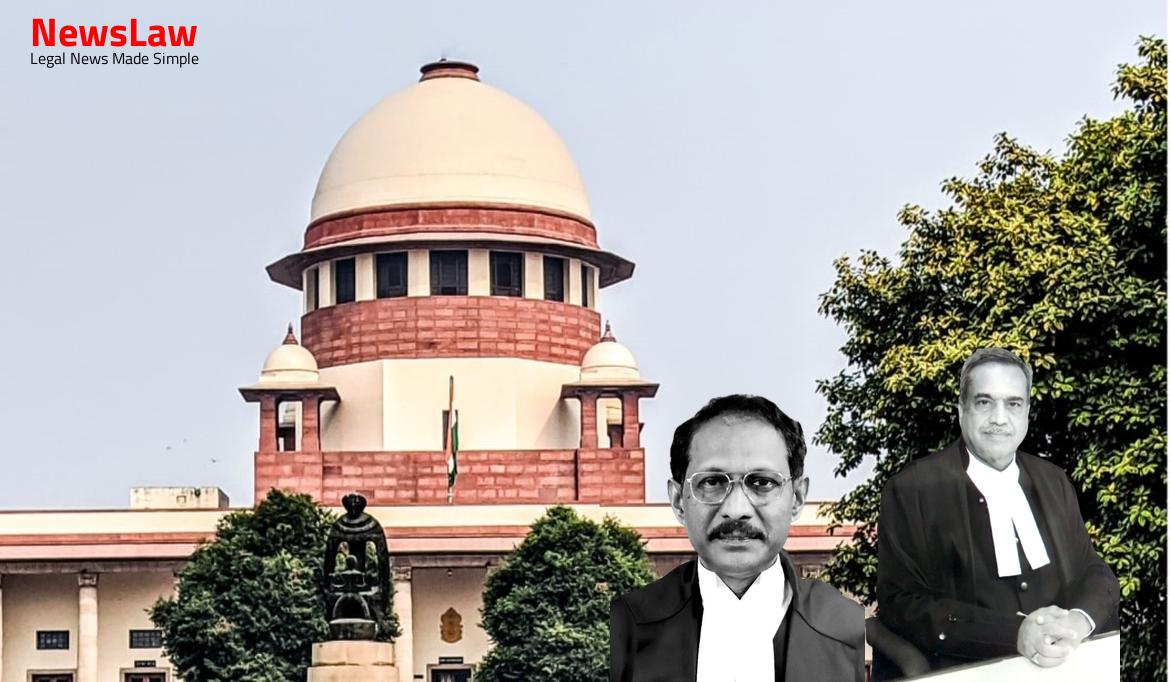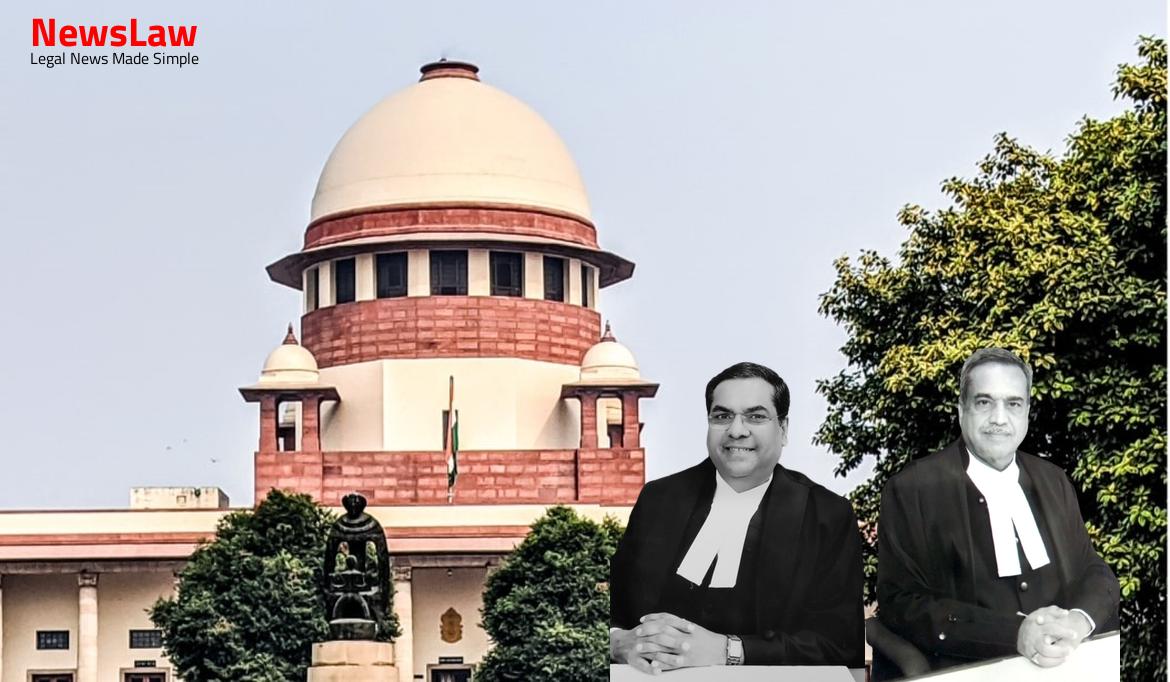In a significant legal development, the High Court of Himachal Pradesh has delivered a landmark judgment regarding the University’s selection process for Assistant Professors. The case involves a review of the selection criteria, particularly in relation to the awarding of marks for publications. Stay tuned to learn more about this crucial decision impacting the higher education sector in Himachal Pradesh.
Facts
- The High Court of Himachal Pradesh directed Himachal Pradesh University to add five marks on the parameter of ‘publications’ in favor of the applicant for the Assistant Professor post in the Department of Education.
- The recruitment process was for seven Assistant Professor positions, including reserved categories like Other Backward Classes, Scheduled Castes, and Scheduled Tribes.
- Both the appellant and the writ petitioner applied for these positions but were not appointed.
- The challenge in the appeals pertains to the orders passed by the High Court directing the addition of marks for publications favoring one of the candidates.
- Advertisement published for the post of Assistant Professor with various categories specified
- Six posts under Unreserved category
- One post under OBC category
- One post under Scheduled Castes category
- One post under Scheduled Tribes category
- Subsequent advertisement No. 3 of 2011 was published
Also Read: Property Inheritance Dispute: The Legacy of Chhotabhai Ashabhai Patel
Arguments
- Petitioner challenged appointment for not being given credit for publications.
- High Court ruled in favor of petitioner, directing credit for publications to be given.
- Appellant filed review petition, which was summarily dismissed.
- Appellant’s argument is two-fold: experts should assess marks for publications and judicial review cannot interfere with experts’ decision.
- Court must remit the matter to experts if marks for publications have not been granted.
- University policies include marks for publications in recruitment of assistant professors.
- Discretion to award marks for publications lies with experts.
- Writ petitioner did not send publications with application, hence not granted marks.
- Appellant recommended for OBC category post by Expert Committee with 60.83 marks.
- The respondent’s counsel argued that the writ petitioner had already been granted five marks in a previous selection process.
- It was pointed out that five marks were also granted to the post of Assistant Professor in Education in the general category.
- This suggests that the writ petitioner had already received additional marks and fairness should be maintained in the selection process.
Also Read: Lt. Col. Om Dutt Sharma vs. Ministry of Defence: OROP Entitlement for Army Postal Service Personnel
Analysis
- The Selection Committee had the jurisdiction not to award any marks for ‘publications’ if the candidate was not meeting the requisite conditions.
- The writ petitioner was not granted any marks for ‘publications’ during the interview for OBC category candidates but was granted five marks in the interview for the general category.
- The process of conducting separate interviews for general and OBC category posts was found to be illegal.
- The High Court cannot award marks for publications during judicial review, especially based on a previous selection process.
- The publications of the writ petitioner were with the University when marks for ‘publications’ were granted.
- The conditions of advertisement No. 3 of 2011 specified that earlier submitted applications were to be considered.
- It is for the experts to award marks for ‘publications’, even if the candidate did not appear for the interview but was granted marks.
- The Selection Committee that awarded marks for ‘publications’ was the same for both the 2010 and 2012 selection processes.
- The benefit of reservation is provided to SC, ST, OBC, or other eligible categories as per the law.
- Reserved category candidate with higher marks than the last general category candidate should be treated as unreserved category candidate if no other special concessions were availed.
- Concessions for reserved category candidates included age relaxation, lower qualifying marks, and concessional application fees compared to general category candidates.
- The University’s selection process was deemed unfair and unreasonable.
- University directed to re-examine the selection process by forming an Expert Committee to consider candidates’ publications and create a joint merit list for all categories of applicants for Assistant Professor positions.
- Appointments of candidates already selected will not be affected, except for the appellant, subject to the University’s decision based on the Expert Committee’s recommendation.
Also Read: Inheritance Dispute: Validity of Alleged Marriage between Sujathamma and Hanumanthappa
Decision
- The appeals have been allowed.
- The University is expected to finalize the revised selections within six months from today.
Case Title: PRADEEP SINGH DEHAL Vs. THE STATE OF HIMACHAL PRADESH
Case Number: C.A. No.-007211-007212 / 2019



